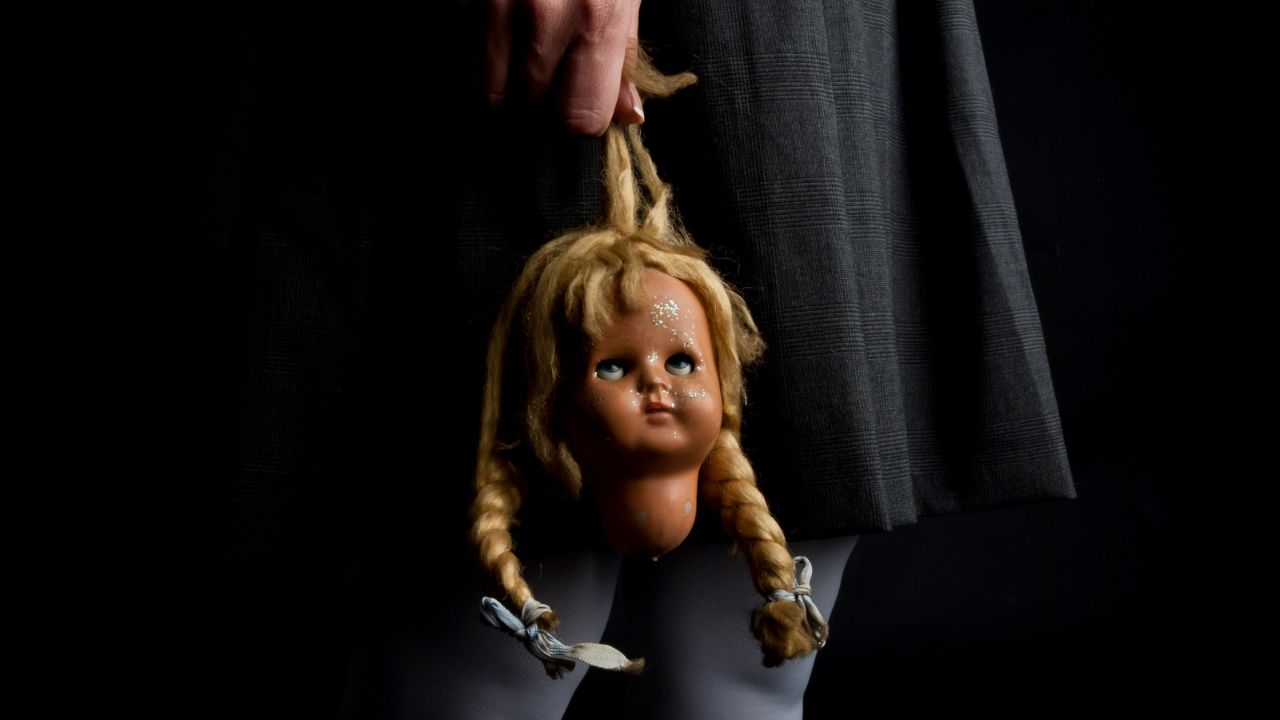
As a psychiatrist, I hear a lot of stories.
I hear a lot of life stories filled with everything that life brings with it – joy, sadness, humor, loneliness, confusion, transition, hope, recovery, grief.
Many of these stories begin way back when my patients were young – and many of them begin with trauma.
I hear stories like that of Sarah…
For years I struggled with anger. I would get angry all the time and over the littlest things, especially at my boyfriend. I had an overwhelming fear of abandonment too, which led to a lot of trust issues and a lot of pain. It was hard to let anyone get close because I was afraid they would leave.
It wasn’t until I was older that I realized my childhood trauma had anything to do with it. I had tried to forget what happened to me when I was young so I didn’t see the connection, but once I opened my eyes, I could not ignore it. I saw that what happened had a big role to play in a lot of my emotional hang-ups.
It was not long after coming to that realization that Sarah began to see a psychiatrist. She didn’t want to – she could barely think about her problems, let alone share them with someone else – but she knew she was not happy bearing the weight of her trauma anymore, so she had to try.
Sarah began to work at it with her psychiatrist. It was not easy – I will not tell you it was – but together they did the hard work of healing. Sarah came to know herself better – her triggers and her trigger responses – and how to cope in triggering situations.
She faced the emotions that came with the trauma head-on, even withstanding the nightmares and flashbacks. The more she confronted the past, the less intense these side effects became, especially with the help of self-soothing techniques taught by her therapist.
Soon, Sarah was a new woman, free from the hold of the past. She became less bitter; she healed her relationship with anger, and began to trust others more. She walked with a new confidence and peace that made her long journey worth it.
If you are like Sarah and you too have a story affected by childhood trauma, here are three of the best things you can do.
1. Seek professional help.
It can be overwhelming to try navigating trauma recovery on your own – so overwhelming, in fact, that many choose to spend their lives ignoring it and dealing with the consequences rather than work through their problems.
The good news, though, is that you do not have to navigate trauma recovery on your own. Myself and my fellow mental health professionals worldwide have entered the field because we want to help. We want to meet you where you are, hear your story, and help you work past the dark parts.
2. Practice self-care.
The modern world values excess. We are often run so ragged by our daily routines and task lists that we do not leave much margin for ourselves. But self-care is a crucial part of healing. After all – the whole point of them both is to nurture yourself!
Make sure you schedule important activities that relax and reenergize you. If you have a favorite hobby, put it on your calendar. Spend time with your loved ones; go for a walk in nature; exercise; meditate – do what refills you.
3. Build a support system.
Like I said, you do not have to navigate healing alone. Those who have a supportive network of friends, family, and other close relationships are better prepared to do the “internal heavy lifting” in and out of therapy.
As a psychiatrist, I hear a lot of stories. But I also do more than that… I help my patients write them. I help my patients discover the tools they use to change their narrative to something much more empowering.
If you know someone who is struggling, feel free to share these tips with them so they can begin their healing journey – or you can share this article on social media and raise awareness of recovery.
Together, we will end mental health stigma and ensure a healthier world!
Make today your masterpiece!
Florina
Get My Blog Posts Right in Your Inbox Every Week
Make your mental health a priority. Receive tips and strategies for living well – mentally, physically, and emotionally – every week.
Get My Free Guide: 7 Cheap, Simple Strategies for Boosting Your Brain Performance
Better focus – clearer memory – faster cognition – more mental clarity – improved intellect…
Your brain is capable of beautiful things. If you don’t think you’re getting the most out of your cranial supercomputer, you can reap the benefits of these 7 simple strategies for the low, low price of “free.”